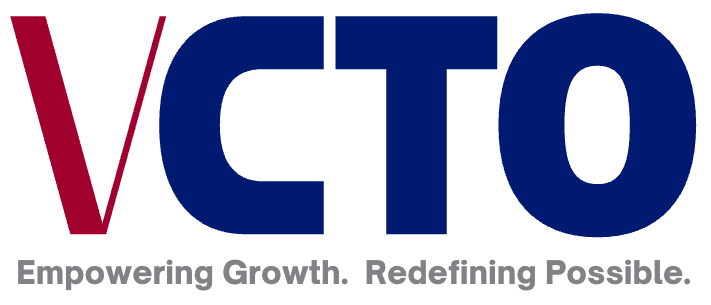
Why Loud Voices Shouldn’t Lead the Room
In Brief
In many organizations, louder voices often overshadow real talent, leading to poor leadership decisions and missed opportunities. True leaders look beyond self-promotion, identifying and elevating those who deliver real results and build trust quietly. Building lasting success means rewarding impact over visibility—and having the wisdom to recognize the difference.
Over the course of my career, I’ve witnessed a persistent and damaging trend: when it comes time to recognize contributions or select future leaders, too many organizations reward the loudest voices in the room rather than the most capable hands at work. In critical moments, decisions are often swayed by those who are more outspoken, more polished, or more aggressive—not necessarily those who are best equipped to deliver results.
This dynamic creates a dangerous imbalance. Those who quietly drive success are frequently overlooked because they don't shout their achievements from the rooftops. Meanwhile, individuals who are more comfortable taking up space, even without the track record to back it up, climb the ranks. I've seen this play out in projects, in promotions, and even in executive selections—and the long-term cost to a business can be staggering.
Too often, leaders mistake visibility for value. Just because someone dominates a conversation or positions themselves as indispensable does not mean they are creating true impact. In fact, the real contributors are often those spending less time talking about their work and more time delivering on it.
Another trap I’ve seen is in how organizations structure their evaluations. Many rely heavily on self-assessments, annual summaries, or personal presentations of accomplishments. Naturally, those who are more skilled at marketing themselves come out looking stronger. Two team members might contribute equally to a major success, yet the one who tells the better story gets the accolades. Over time, this erodes morale among the most capable employees, who start to wonder whether their efforts are truly valued.
If companies want to build enduring strength, they need to rethink how they identify and advance talent. They must look beyond who is the most comfortable at the microphone and instead demand proof of contribution. What were the measurable outcomes? Who can verify the impact? Were goals not just pursued, but achieved in a way that benefited the entire organization?
An important part of leadership is recognizing the quiet drivers of success—the ones who consistently move the needle, even if they aren’t constantly seeking the spotlight. Good leaders seek out these individuals, advocate for them, and ensure that substance is rewarded over showmanship.
Organizations also need to look inward and ask hard questions: Are we rewarding those who are building real value, or those who are simply more visible? Have we created a culture where humility is a liability instead of a strength? Are our promotion processes grounded in evidence, or in presentation skills?
The future of any organization depends on who is given the opportunity to lead it. It’s easy to choose the person who demands the most attention. But the wise choice—the one that leads to lasting success—is often the quieter one, the one whose work speaks louder than any self-promotion ever could.
True leadership isn’t measured by volume, charisma, or clever positioning. It’s revealed in consistent results, earned trust, and the ability to elevate others along the way.
The strongest organizations are the ones that understand this—and have the courage to reward those who are busy doing the work, not just talking about it.



